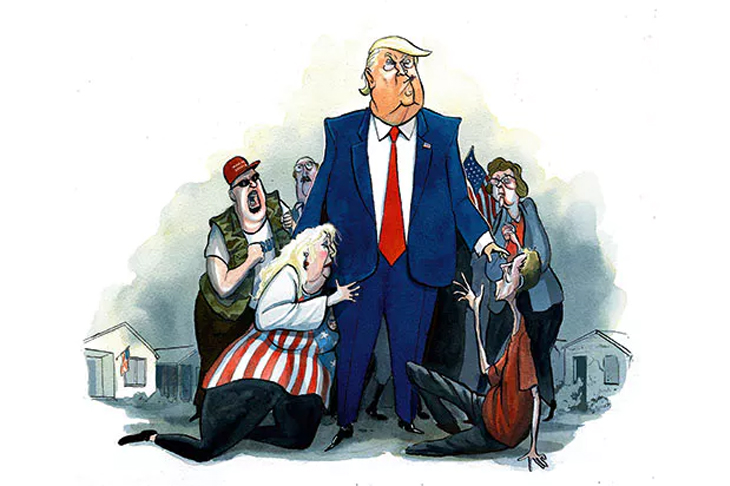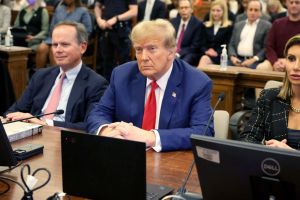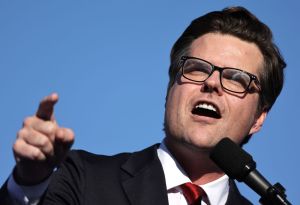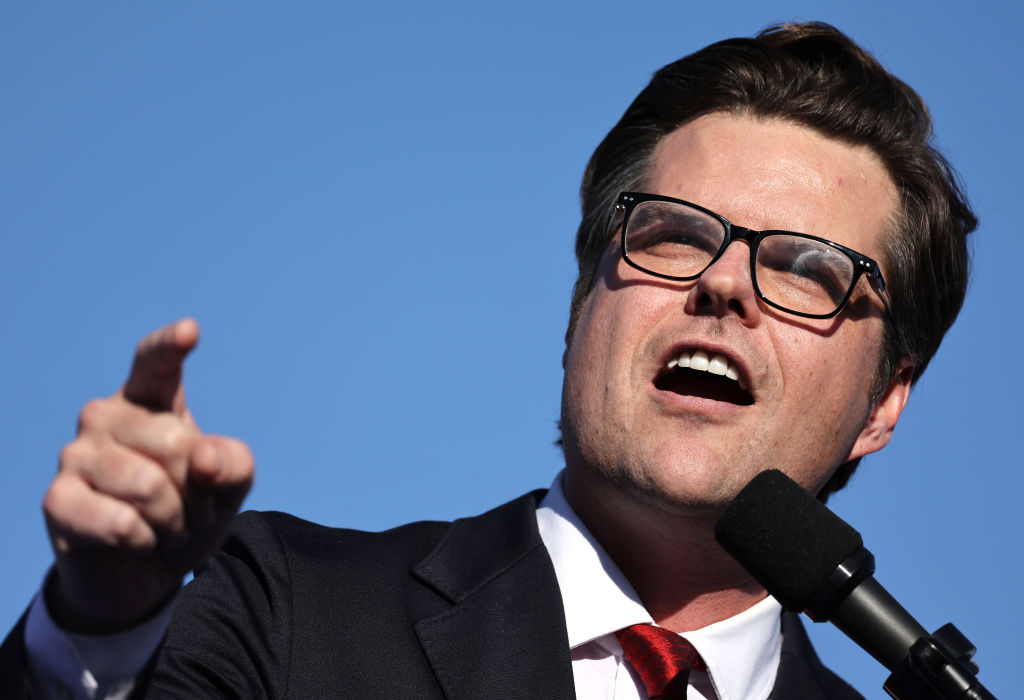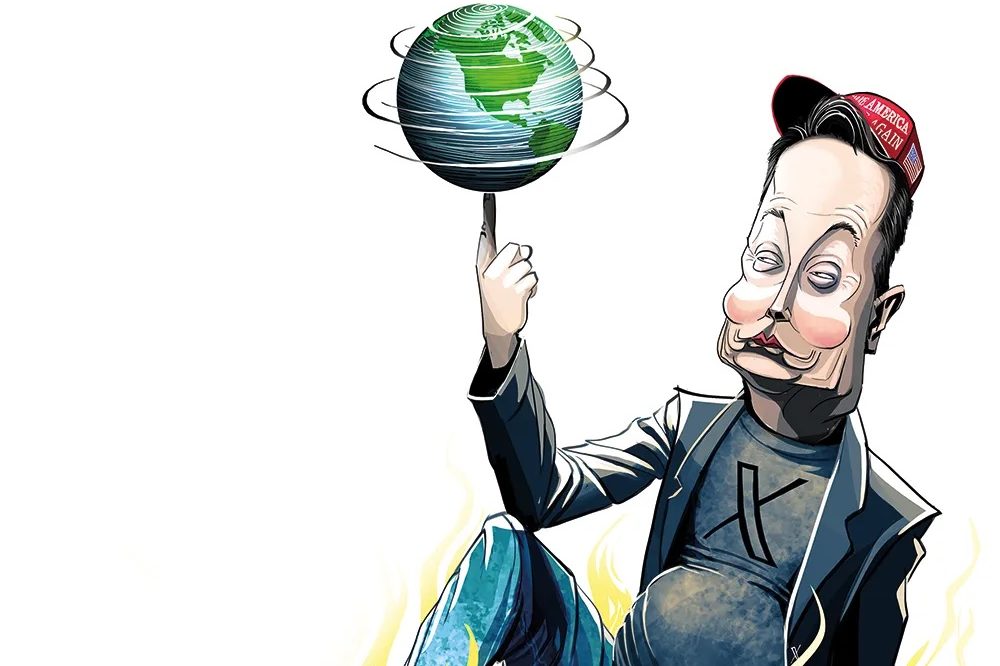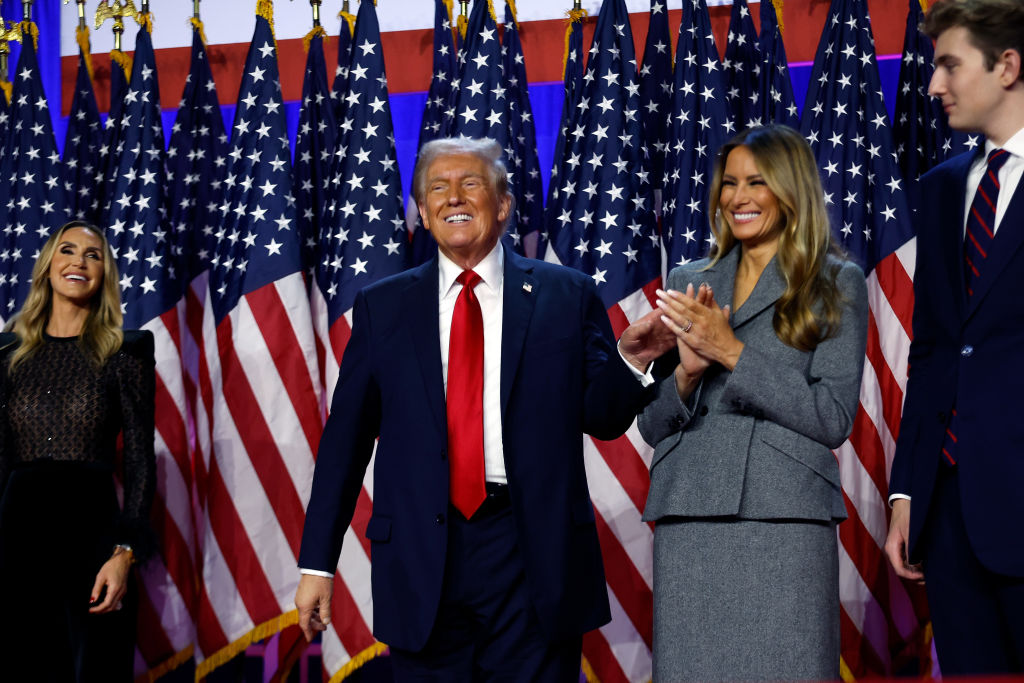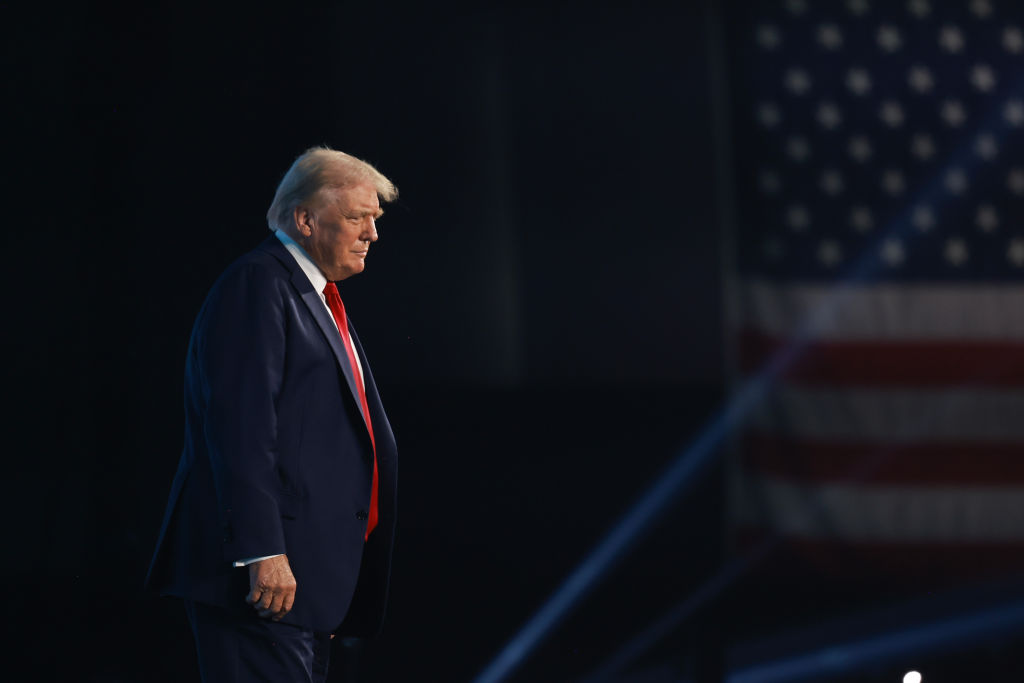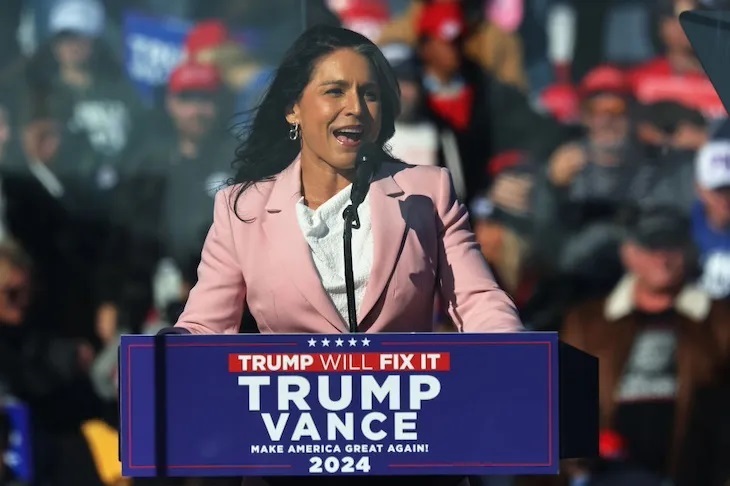It is scarcely an exaggeration to say that Donald J. Trump ran his insurgency presidential campaign against the coordinated opposition of every single powerful institution in the Western world.
The single decisive factor working in Trump’s favor was his ability to appeal to the millions of ‘forgotten’ Americans who felt particularly ill-served by these institutions.
Trump’s shock victory was therefore simultaneously a stinging indictment of America’s elite institutions and a surprising vindication of the functional legitimacy of our democracy. After all, if a candidate is able to win in spite of near-unanimous opposition of a country’s elite institutions, this says something reassuring about the workings of democracy per se. In this way, populist elections, in which the divide between the elite candidate and the ‘people’s’ candidate are most pronounced, serve as a special kind of democratic ‘stress test.’
Unable or unwilling to appreciate the fact that the American people really did, of their own free will, choose Trump as their president, his opponents have focused on undermining the democratic nature of his victory. One sees this tactic, for instance, not only in the farcical notion that Russia ‘hacked our democracy,’ but also in the peculiar regularity with which the word ‘democracy’ graces the titles of a variety of institutions whose sole purpose is to negate populist victories or causes.
They would do far better on a different tack: highlighting the ensuing failure of Trump to implement the populist agenda which won him the election. True, Trump has brought about tax reform, deregulation, and a potential peace negotiation breakthrough with North Korea.
But he has achieved much less when it comes to the signature issues of immigration and foreign policy that energized his campaign. The Wall has become a fence, zero new miles of which have been built since Trump took office; illegal immigrants are pouring in at record highs and the president is curiously calling for more legal immigrants in record numbers; the trade deficit with China has reached an all-time high and the long-promised troop withdrawal from Syria has failed to materialize, along with a number of key executive orders.
If a populist electoral victory is a signal of democratic robustness, an ensuing failure on the part of a populist leader to implement the agenda he ran on runs the risk of unleashing a profound cynicism — a cynicism of the sort captured by Emma Goldman’s famous remark that if voting mattered, they’d make it illegal.
There is a parallel between Trump and that other great populist triumph, Britain’s vote for Brexit. Three years on, the choice of the British people has been undermined at every level of government, and there is a serious possibility it may end up being nullified entirely. It is a betrayal of democratic good faith which invites cynicism in the democratic process.
It is tempting to interpret the Trump administration’s disappointing lack of follow-through on key agenda items, along with the dubious fate of Brexit in the UK, as representative of a populism ‘ceiling’. Populism might, in certain rare circumstances, prevail against the coordinated opposition of the elite and their institutions – but even after achieving electoral success, the populist agenda itself suffocates under the weight of the institutions which oppose it. If populist movements are ultimately to succeed they must be supplemented by an effort to court, compromise with, or co-opt certain segments of the institutional elite.
Where Donald Trump has failed it is partly because of poor choices of personnel. Consider the figures of John Bolton, on one hand, and Mick Mulvaney on the other. Bolton combines interventionist, neoconservative impulses in foreign policy and restrictionist views on immigration; similarly, but inversely, Mulvaney represents the political philosophy of David and Charles Koch, combining restraint in foreign policy with a belief in open borders. Logically, in order to advance his populist agenda, Trump should have given foreign policy portfolios to Mulvaney and other Kochites, while Boltonites were put on domestic portfolios relating to immigration. Instead, Trump’s appointments have tended to be in the other direction. John Bolton has been made National Security Adviser, where he is in a position to advocate his policy of regime change in foreign countries, and Mick Mulvaney has become Director of the Office of Management and Budget, with his hands on the purse strings for projects such as Trump’s wall.
Trump should have set out to convince elite institutions that on many issues, they are wrong and the people are right. There is a persuasive case to be made that a Koch brothers-style libertarian agenda is self-defeating. The immigrants who benefit from an open borders policy do not exhibit much affinity for the substantive libertarian issues which the Kochs support – on the contrary they add to opposition for libertarian policies.
Trump should have tried to draw support from right-leaning organizations such as the American Israeli Public Affairs Committee (AIPAC) by making the case that open borders lead to the weakening of long-standing foreign-policy commitments. One product of an open borders policy is Ilhan Omar, a Somali-born refugee who came to the US from Ethiopia, got herself elected to Congress and who now sits on the House Foreign Affairs Committee – and who supports the Boycott, Divestment and Sanctions movement against Israel.
But what if Trump’s failure to translate populism into policy stems not from a dearth of necessary elite cooperation, but rather from internal deficiencies within populism itself? Two concepts, populism and nationalism, tend to get conflated, but it is useful to make a distinction between the two. Trump’s campaign positions on trade, immigration, and foreign policy were nationalist in substance. The key feature of Trump’s populism, however, was never his embrace of nationalist policies, but rather his entire manner, being and performative style.
It was principally the magic of this populism that enabled Trump to run a substantively nationalist campaign in relation to immigration, trade, foreign policy. He is now using his populist style as a cushion that both excuses and obfuscates his disappointing inability or unwillingness to deliver on the areas of substantive nationalism on which he campaigned. He is now a mixture of populist style and conventional governance – what might be called ‘populist establishmentarianism’.
Those who have been disappointed by Trump’s performance must be careful to avoid same misjudgment as made by much of the conservative establishment during the campaign. Many genuinely thought that Trump’s campaign positions on foreign policy, immigration, and trade would turn off GOP voters because those policies did not sufficiently adhere to conservative orthodoxy.
Of course, this was proven wrong with Trump’s primary and general election victories. But the best lesson from this is not that much of the GOP electorate rejected one ideology in favor of another, but rather that the electorate is not fundamentally ideological at all. Rather than any specific substantive commitments, a lot of support for Trump is down to his media-savvy populist style and his populist rhetorical framing of nationalist policies in terms of how Americans were ‘being taken advantage of’ by corrupt and incompetent elites. People appreciated the general message without necessarily being drawn to specific substantive policy commitments.
There are, however, limits to how much Trump can get away with deviating from the policies he promised during his campaign. As a consummate populist, Trump’s leverage is and will always be his special connection with the common American citizens who turned out in droves to vote for him. His presidency, however, will lack strength so long as it is severed from the nationalist substance to which it was originally bound. The release of the exculpatory Mueller report is as good an opportunity as any to restore the original bond between populism and nationalism.
This restoration is what America needs and the American people deserve. Whether or not it occurs depends largely on the president himself.
Dr. Darren J. Beattie is a Special Adviser to Rep. Matt Gaetz and a former White House speechwriter.



